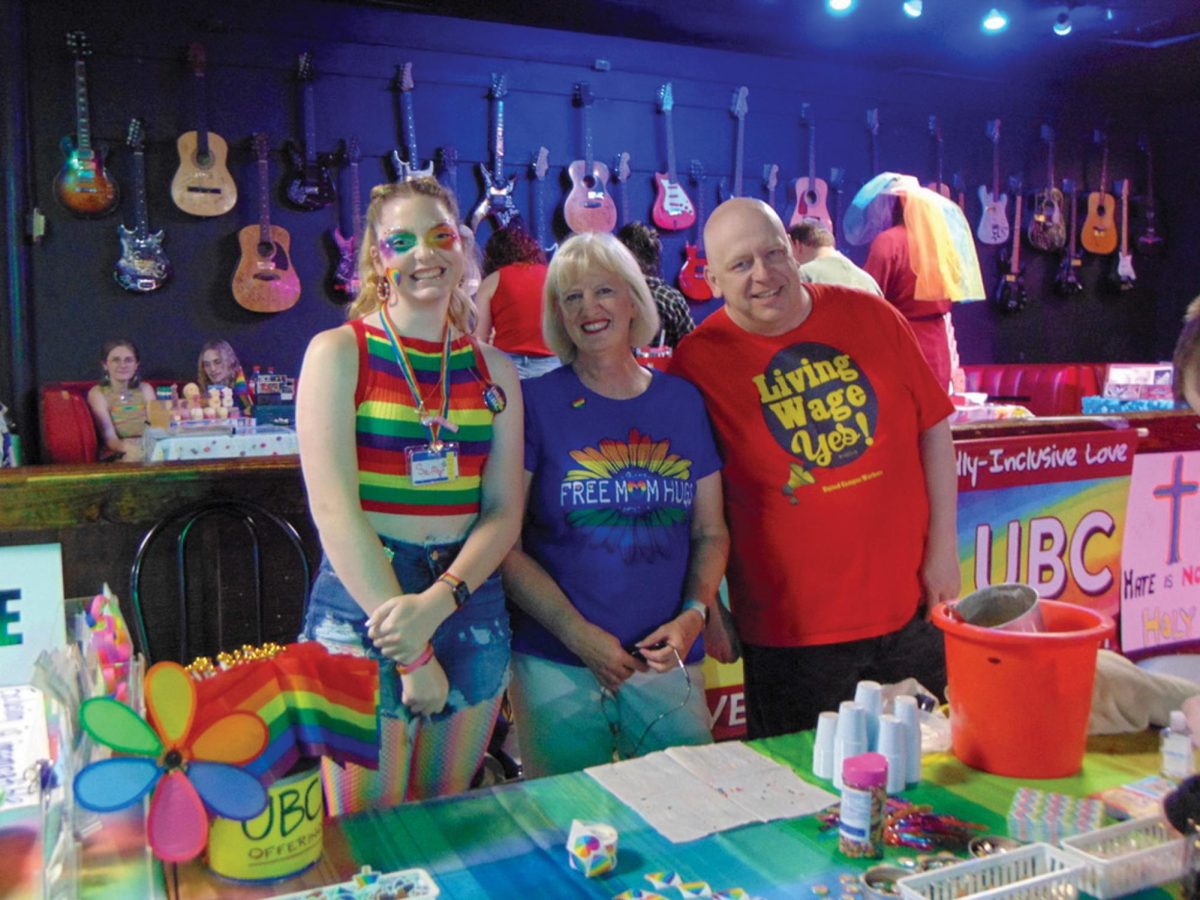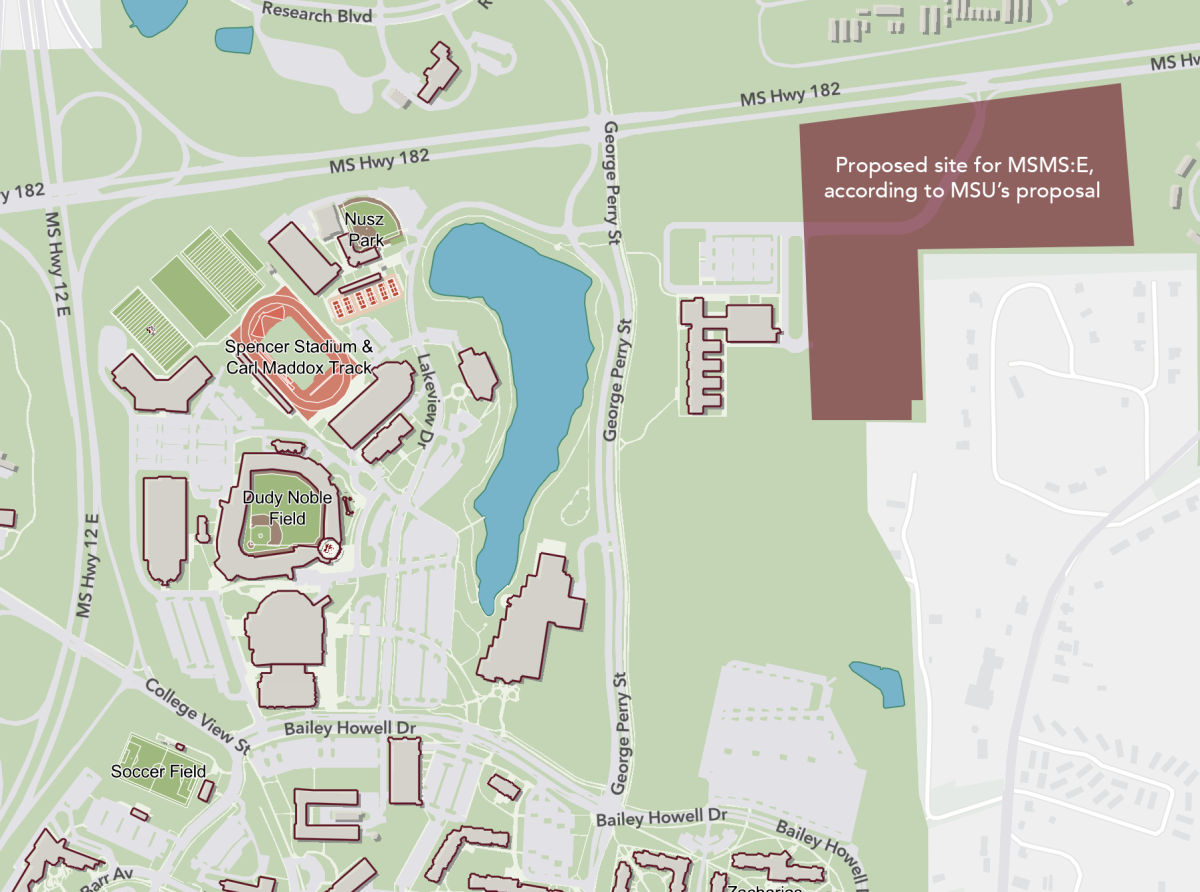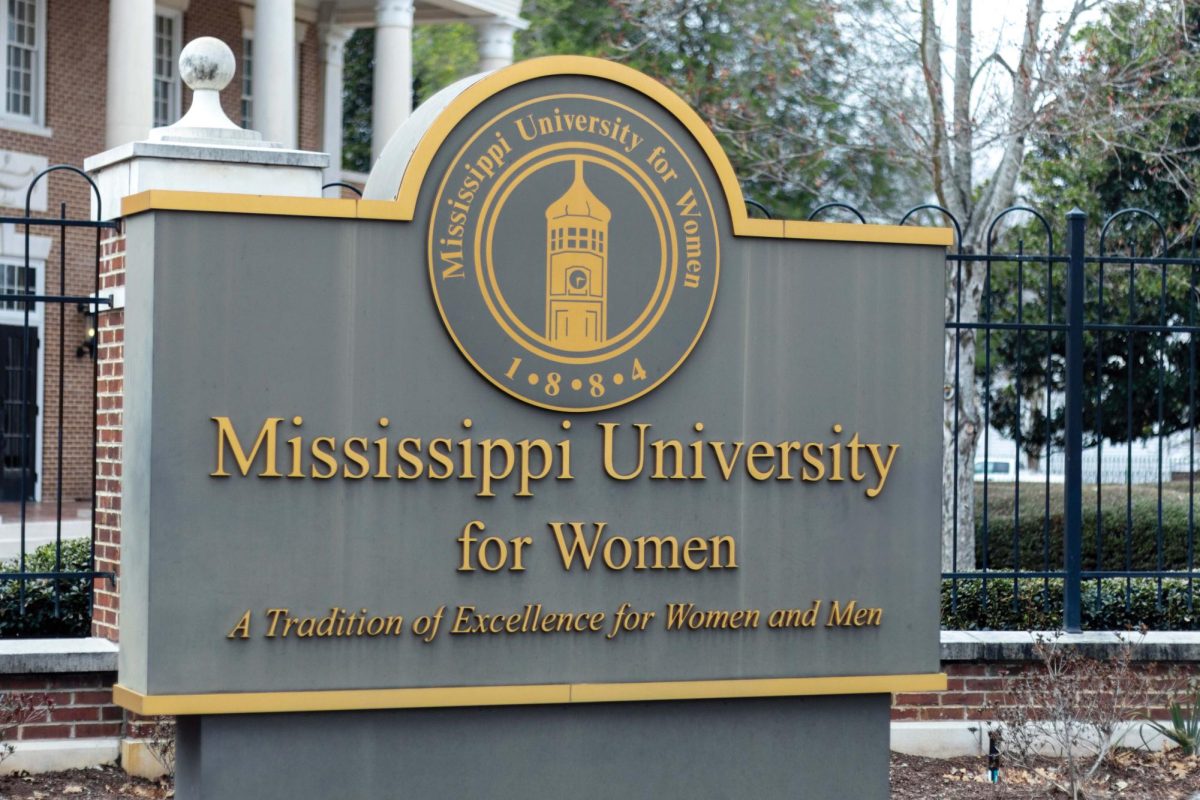Nestled in an outwardly quiet boulevard off the main campus, Mississippi State University’s Center for Advanced Vehicular Systems (CAVS) is bustling with sound. With research projects on human-robot interaction, self-driving off-road cars and metal 3-D printing, something new and exciting is always going on at the center.
A research center now with $20 million a year, CAVS employs 200 students. The center, which opened in 2003, spends half its time on materials, such as light-weight products for vehicles.
Its Human Factors group focuses on virtual reality, emotion-capturing and driving simulators, as well as robots. One student is currently working on programming a robot named Pepper, which will eventually greet people in the CAVS lobby. It can detect smiling with a mood detector.
Amanda Meeler, CAVS marketing and communications coordinator, said it is exciting to see this interaction.
“It’s so interesting the first time it recognizes you as a human,” Meeler said. ”Human-robot interaction is actually here.”
CAVS has also teamed with SWAT teams to learn how to integrate robots into missions.
CAVS Executive Director Clay Walden said one new frontier in the Materials group includes the ability to cast steel, which takes a 50-pound ingot and flattening it into long sections. In addition, the group has a blast furnace being used on a NASA project exploring ways to get to Mars, and once we get there, how to use the resources available.
“We can’t haul steel up there, but you can use that blast furnace to process stuff that’s already there,” Walden said. “Then you can capture some of the results of that, which we would think of as pollution, like carbon monoxide, and we can separate it out the oxygen and create water.”
CAVS can also now 3D print in a new way. Instead of using polymers, the printer uses metal. Walden said they can print metals from titanium to stainless steel. There is an active research program focused on making 3D metal printing a commercially viable option. Walden said CAVS is working with the Army as well as MSU’s vet school to create implants.
In an attempt to enter the cutting-edge research of autonomous technology in a unique way, Walden said CAVS recently unveiled its Halo Car Project. This Subaru Forester has been converted into an all-electric vehicle.
With huge companies like Google, Apple and Uber already in the autonomous tech game, Walden said CAVS brainstormed for a way to make this research project distinct from others. The answer was in off-road.
“We focused on this area of off-road because all the efforts are going to on-road,” Walden said. “Off-road creates new challenges. You don’t have the infrastructure, you don’t have the stoplights, you don’t have lanes, you don’t have pavement–you have trees and paths and logs and leaves.”
Graduate student Chad Leachman, started working on Halo Car Project as an undergraduate a year and a half ago, is now the mechanical lead of the project.
On Friday, when Leachman was taking apart the car to finish cooling its motors, he was right in his comfort zone.
He said the MSU team designed most of the facets of the vehicle, like its battery packs, 12-gauge steel bumpers, baseplates and casing.
Leachman admitted it is sometimes frustrating when working on this project because it is the forefront of off-road innovation, and there is not much to go off. However, he said it is validating when people commend the project and realize its importance.
“What sets us apart from inner-city projects is the GPS. When you’re off-road, there’s nothing to go off of,” Leachman said. “We are working with algorithms that can identify the difference between oak and pine trees.”
Leachman said six students are working on the Halo Car Project. It is a mix of graduates and undergraduates who are learning the newest technology.
“It’s taught me a lot of good lessons, and I’m a pretty good machinist now,” Leachman said. “I’m learning new stuff that nobody else can learn.”
The Halo Car also has computer modeling like other autonomous cars, Walden said.
“So, you look at what’s happening with autonomous vehicles and it’s massive, just massive,” Walden said. “Some of the key technologies for autonomous vehicles are coming out of the gaming industry.”
Walden said experimenting with this technology and studying how it works are synergetic.
“If you did everything by physical testing, it would take forever,” Walden said. “Especially in this case, you can’t even fathom, it’s almost an infinite number of things that have to be accounted for and things are changing, so you have to have a modeling and simulation computing approach that is coupled with the testing approach.”
This approach, called modeling and simulation, should be paired with physical testing.
In order to facilitate this new concept of off-road self-driving vehicles, Walden said CAVS needed a place to test it. So, the university purchased about 50 acres of land around CAVS and the Thad Cochran Research Park. Walden said it took about a year to acquire.
This year, new research contracts are coming to develop a machine called a Warthog which will go into the property and collect data. Part of the appeal to this area of land was its terrain.
“It is an incredibly diverse ecosystem, land and terrain,” Walden said. “We did this little topographical evaluation of the property, so there’s flat spots and really deep ravines. Some of those ravines have like a 50 to 60 percent include. That’s crazy. This is Mississippi, we’re not used to that kind of stuff.”
Walden said for the safety of others, the property will be restricted to CAVS access. He said CAVS is not testing there yet, but security protocols and access points are being planned.
CAVS explores new frontiers
0
Donate to The Reflector
Your donation will support the student journalists of Mississippi State University. Your contribution will allow us to purchase equipment and cover our annual website hosting costs.
More to Discover

















